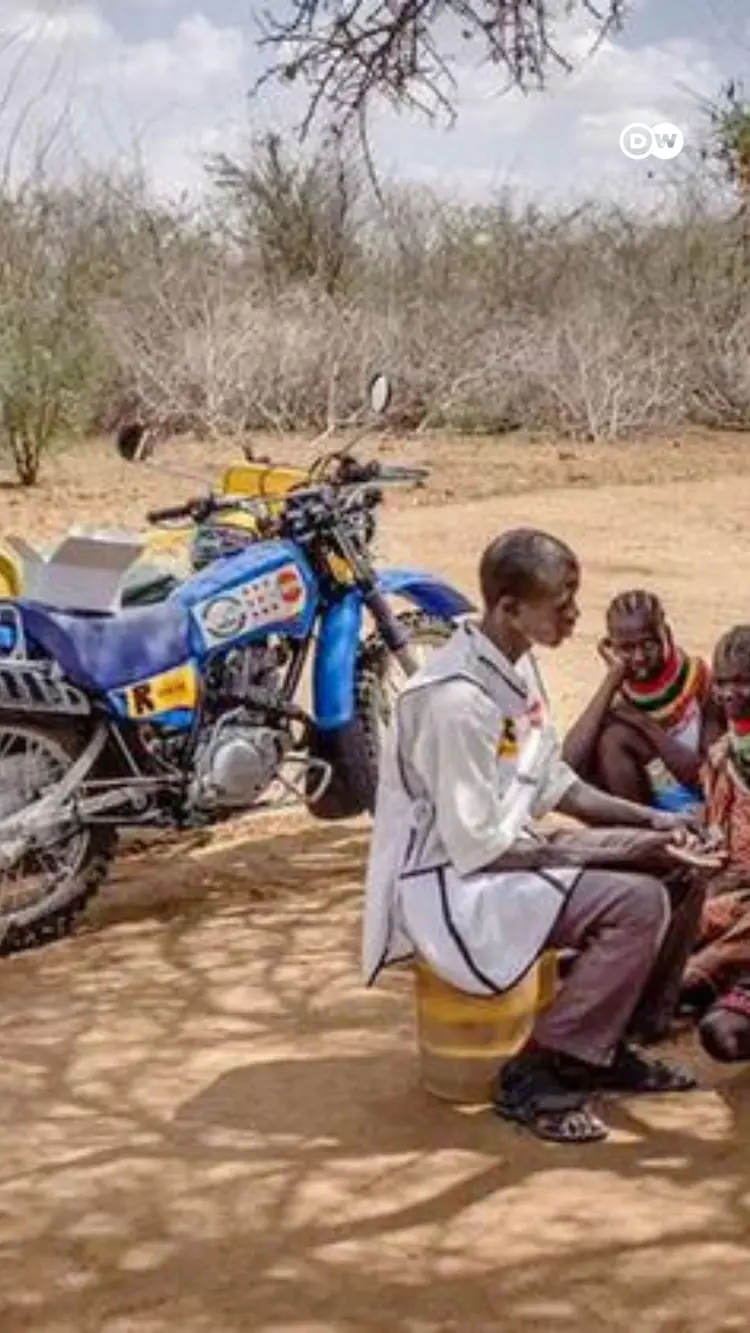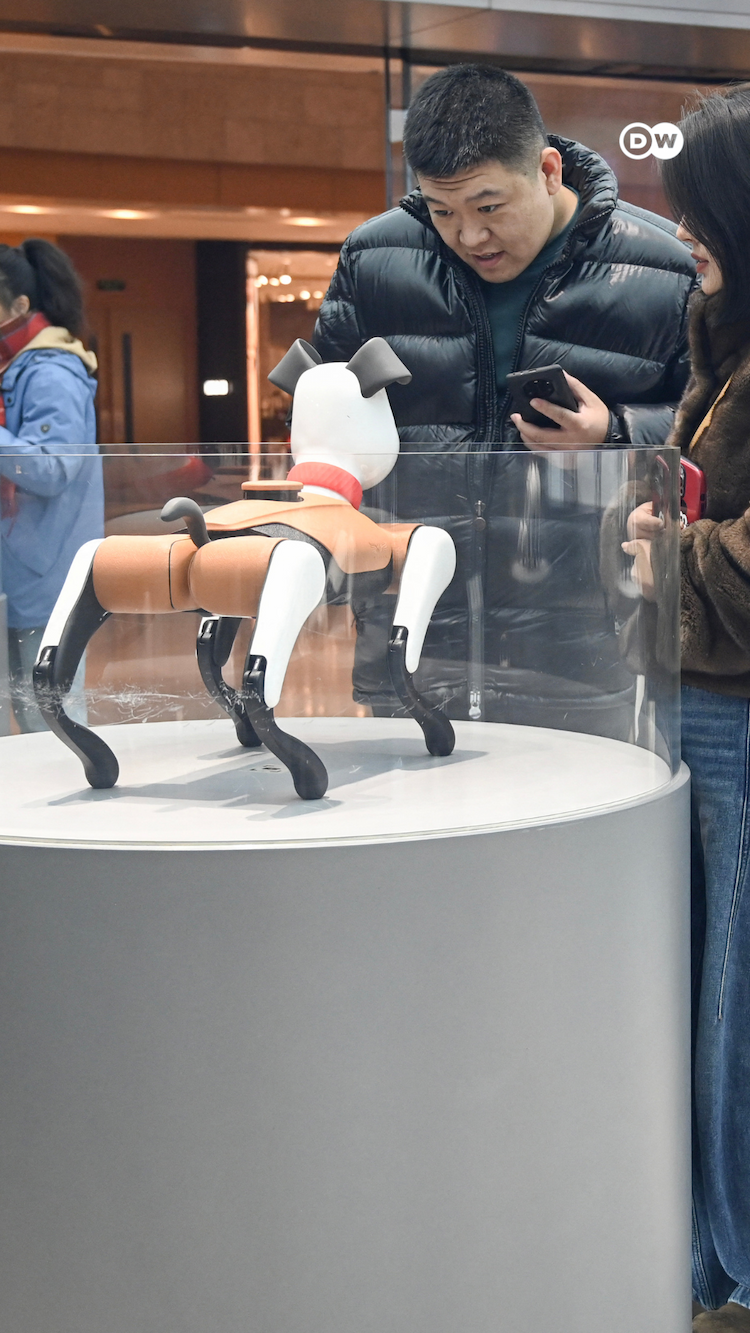Is gatekeeping the future of travel? Mussoorie fights over-tourism
Once known for its quiet charm and misty mornings, Mussoorie is now grappling with an identity crisis. Over the past two years, this beloved hill town has witnessed a tourism surge that’s as overwhelming as it is unsustainable. Tourist footfall nearly doubled from 2022 to 2024, crossing a staggering 21 lakh visitors last year. And now, Uttarakhand’s authorities are drawing a line with a pre-registration system for tourists during peak seasons.
Overtourism prompts pre-registration hassle for tourists
If you are planning to head to Mussoorie, think again. Soon, travelers heading to Mussoorie will need to sign up in advance or risk being turned away at key checkpoints like Kimadi, Kempty Fall, and Kuthal Gate. Real-time tracking cameras will estimate vehicle and tourist inflow, allowing officials to manage congestion and reduce the strain on local resources.
It’s a first-of-its-kind measure in India for a hill station of this scale, and it’s born out of necessity. Roads are choked, trash piles up, and the delicate balance between tourism and livability is tipping.
But India isn’t alone in this dilemma.
Tourists banned from taking selfies in Kyoto
Over in Japan, Kyoto’s iconic Gion district, which is home to historic geisha culture and postcard-perfect alleys has also become a hunting spot. In 2024, local authorities banned selfies and restricted tourist access to certain private streets. Why? Tourists had started treating the area like a real-life theme park, crowding narrow lanes, chasing after geishas for photos, and disrupting daily life for residents. Previous warnings and even proposed fines failed to deter the influx. The only viable option left was to shut certain areas off completely.
This isn’t about being an anti-tourist. It’s about preserving what makes these places special in the first place.
In the age of Instagram and TikTok, a “hidden gem” doesn’t stay hidden for long. One viral reel, and a quiet café in the hills becomes a selfie hotspot. A tucked-away alley becomes the backdrop for influencers. The result? Fragile ecosystems and local communities bear the brunt, while the experience for tourists and residents alike deteriorates.
So, where do we go from here?
Some argue that stricter regulations, digital entry passes, and even tourist caps are necessary. Others believe in promoting offbeat destinations to reduce pressure on popular spots. But increasingly, there’s a growing call for gatekeeping not in an elitist way, but in a conscious effort to protect the places we claim to love. Sharing travel tips is great, but maybe not every corner needs to be geo-tagged. Maybe not every café needs to be in a “Top 10” reel.
Mussoorie’s move might feel extreme to some, but it’s a wake-up call. When locals are being sidelined in their own cities, when natural landscapes are being trampled in pursuit of the perfect photo, something must change.
In the end, maybe responsible travel isn’t just about where we go, it’s about how we go.









